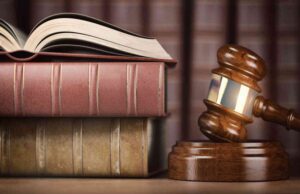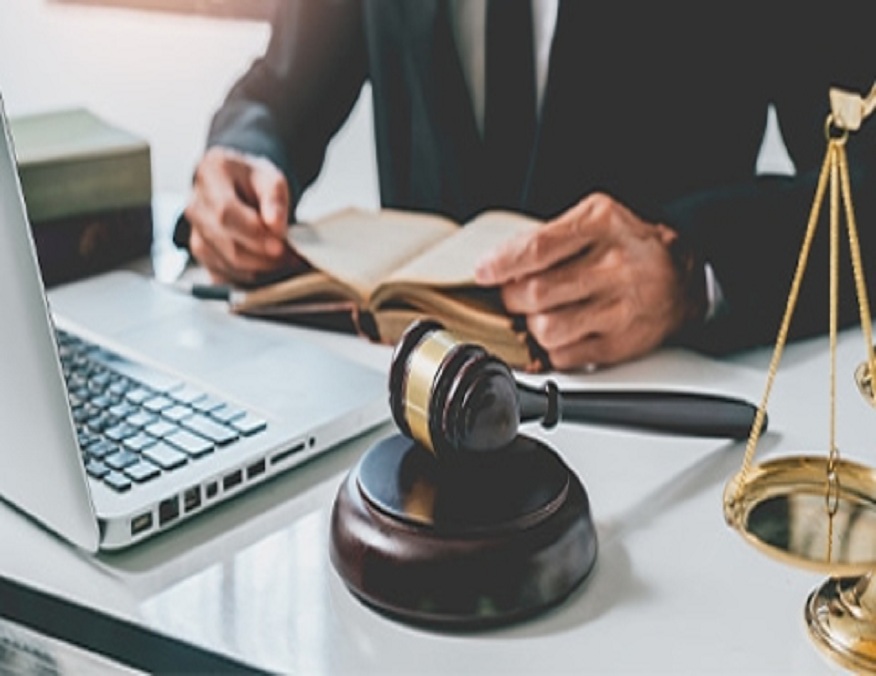Laws are rules made by the government. They prohibit certain acts and are enforced by the courts. The laws apply to everyone equally. If you break a law, you may have to pay a fine, repay the damages you caused, or go to jail.
The most powerful people would control everything and people would live in fear. Drivers could choose which side of the street they want to drive on and no one could stop them. Imagine trying to buy and sell goods if no one was to deliver on their promises. Imagine trying to protect your personal property or even your own safety if there were no laws against theft and assault.
Our laws also recognize and protect fundamental individual rights and freedoms such as liberty and equality.
Even in a well-structured society, people can have disagreements and conflicts can arise. The law allows these disputes to be resolved peacefully. If two people claim the same good, instead of fighting, they defer to the law. Courts can decide who the true owner is and how their rights should be protected.
Laws help ensure the existence of a safe and peaceful society. The Canadian legal system respects individual rights and ensures that our society functions in an orderly fashion. The same laws apply to everyone, including police, governments and civil servants, all of whom must perform their duties within the law.
What are the other purposes of the laws?
In Canada, laws also serve to implement social policies by ensuring the implementation of systems that allow governments, for example:
They thus prevent more powerful people and groups from exploiting more vulnerable people or groups.
Public law and private law
Public law sets the rules that govern the relationship between the individual and society. If a person breaks a criminal law, that violation is considered a harm done to society as a whole. Public law includes:
constitutional law, which defines the relationship between the various branches of government as well as between the federal and provincial governments; it also limits the exercise of government power over individuals by protecting human rights and fundamental freedoms;
administrative law, which deals with government interventions and activities.
If you see someone running away from a store with stolen goods, that is theft and therefore a violation of public law because it affects other people. If you damage a fence by backing up with your car, you may be violating the owner’s right to enjoy their property. This is a private question.
Private law sets the rules that govern relations between individuals. It is also called civil law. Private law resolves disputes between various groups of people and compensates victims, as in the example of closure. A civil law case is a lawsuit that seeks to settle a dispute of a private nature.



